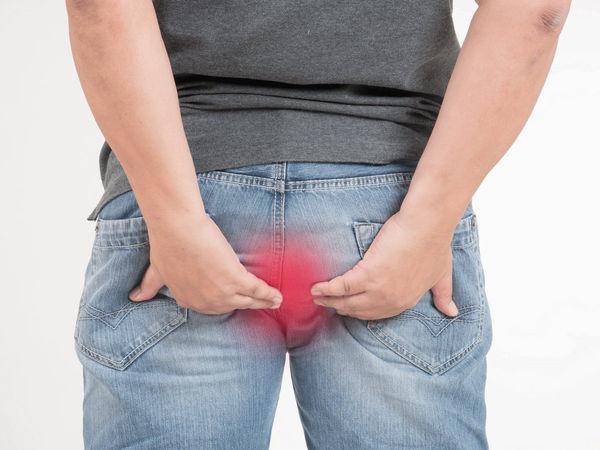Dr. Parameshwara CM Interview with Times Now
An anal fistula can interfere with an individual’s daily life as it causes unpleasant symptoms such as discomfortand skin irritation. This condition does not usually get better on its own, and surgery is often recommended to treat it. Usually common among those who have had an anal abscess, an anal fistula is one of the most common health problems affecting men.
But a lot of people are not aware of this health condition that can be troublesome at best and life-changing at worst. Hence, to help you better understand and reduce the chances of developing an anal fistula, Salome Phelamei of Times Now Digital talked to Dr. Parameshwara CM, a chief colorectal surgeon at SMILES, Institute of Gastroenterology, who described the symptoms, risk factors, treatment options and what one can do to prevent or reduce the risk. Below are the excerpts from the interview.
Salome: Doctor, can you tell us what exactly is anal fistula?
Dr. Parameshwar: A fistula is much more than just an infection. The glands present in the anal canal can swell due to various reasons, including bacterial infections. This is called an abscess. Many times this abscess takes care of itself and disappears without causing trouble, but other times, it might start leaking out by puncturing a hole inside your anal canal, and this abnormal tunnel connecting the abscess with the hole is what a fistula is.
Salome: Is it true that prolonged sitting can cause an anal fistula?
Dr. Parameshwar: Anal fistula is not just triggered by infections or problems in the excretory region. There are certain things like an unhealthy diet that can trigger a fistula. Yes, daily habits like sitting for too long and riding a bike can be potential threats too. Certain riding positions or external pressure on the pelvic region can lead to an anal fistula that can be avoided by management. Anal fistulas are very common among individuals with Crohn’s disease, a type of inflammatory bowel disease.
Salome: What are the signs and symptoms of anal fistula?
Dr. Parameshwar: Signs and symptoms of an anal fistula can include:
- ● Frequent abscesses
- ● Pain and swelling around the anus
- ● Bloody or foul-smelling drainage (pus) from an opening
- ● Irritation on the skin from drainage
- ● Pain with bowel movements
- ● Bleeding
- ● Tenderness
- ● Fever, chills and a general feeling of fatigue
Salome: Can anal fistula lead to cancer? How serious is this disease?
Dr. Parameshwar: Anal fistulas could be a sign of cancer and people will not know till they go to a doctor. While an anal fistula may be a symptom of cancer existing elsewhere in the excretory system like the colon, anal fistulas in themselves may house cancer. This means the tract with the swelling could have cancer. In fact, cases of chronic fistulas could be indicative of cancers. Leaving an anal fistula untreated is also known to lead to cancers. Therefore, it’s best to consult a doctor to rule out any underlying medical condition that may cause your problem.
Salome: How is anal fistula treated?
Dr. Parameshwar: This condition usually requires surgery as antibiotics alone may not cure it. The main treatment options for anal fistula are:
- ● Fistulotomy
- ● Seton procedures
- ● Advanced flap procedure
- ● LIFT procedure
- ● Endoscopic ablation
- ● FibringGlue
- ● Bioprosthetic plug
- ● Laser ablation of fistula
Salome: What can a person do to prevent anal fistula?
Dr. Parameshwar: Eating a good diet, adopting a healthy lifestyle by paying attention to your exercise, managing stress and, of course, visiting a good coloproctologist whenever you have concerns about your health can help prevent or avoid unnecessary problems caused by anal fistula.

